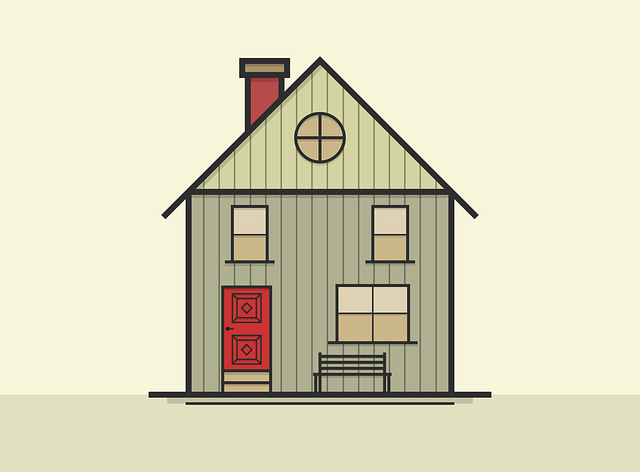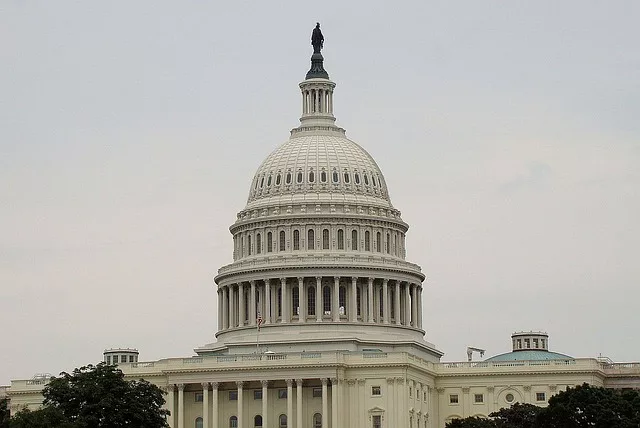How to Use a VA Mortgage

The VA Home Loan program is one of the most popular non-medical military benefits you can use. Only the GI Bill rivals the VA loan program in terms of its visibility and usefulness, but some of the VA loan program’s options aren’t as well-understood.
For example, did you know that when you are approved for a VA mortgage you have the option to refinance the loan later with a Streamline Refinance? These refi loans feature no VA-required credit check or appraisal and typically must result in a benefit to the borrower like a lower mortgage payment.
The no-credit-check option for such loans is a very important one, and many borrowers aren’t even aware of this option when they request a VA Certificate of Eligibility to get started. What other features of the VA Home Loan program could help you along the way?
How to Use a VA Mortgage: Build a Home
Some borrowers don’t realize you can use a VA loan to buy existing homes or use a VA mortgage to build a home from the ground up. VA Pamphlet 26-7, the VA Lender’s Handbook, has a section in Chapter Three that states VA loans can be used to “purchase or construct” a residence you want to use as your home.
You can use your VA loan to build the home, but you can also use part of the loan to purchase the land the home is built upon. You also have the option of using your VA loan benefits to build on land you already own. What you cannot do is buy “unimproved land” with a VA mortgage without plans to build upon it. VA mortgages cannot be used to purchase land alone.
You can use a VA mortgage to build a home with up to four living units plus one “business unit” according to Chapter Three; more units may be possible in cases where two or more veterans are using their VA loan benefits together in a “joint loan”. Ask your loan officer about this option if you need to consider it.
Get a free, no-obligation consultation regarding your VA Loan!
How to Use a VA Mortgage: Buy A Mobile Home Or Manufactured Home
VA mortgages include options for manufactured homes, modular housing, and mobile homes. In all cases, the housing must be mounted on an approved foundation in its final disposition. That is a condition of loan approval and no property is eligible for a VA mortgage unless it can be classified legally as real estate. That is true even if the property is not taxed as such.
A home without a permanent foundation does not qualify for a VA mortgage. In cases where a modular or manufactured home is purchased and delivered, it must be fixed to an approved foundation according to a time frame you and the lender agree upon (or one that is imposed by lender standards).
Recreational vehicles (RVs) and houseboats cannot be placed on permanent foundations, so they do not count as eligible properties you can buy with a VA mortgage.
How to Use a VA Mortgage: Buy A Condo, Townhome, Or Duplex
You can buy a condo unit with a VA mortgage. You can also buy a townhome or duplex. All three property types fall into those generally approved for a VA loan but each property type must meet VA standards. For example, if you buy a condo unit your condo owner’s association agreement cannot restrict you from freely selling or transferring the property anytime you wish. Some condo owner association bylaws may include something called the Right of First Refusal, which means the condo association gets to approve or veto the sale of an individual unit.
VA loan rules do not permit your ability to sell or transfer your home to anyone you wish, so any such clause would have to be struck from your legally binding agreement in order to qualify for a VA home loan.
How to Use a VA Loan: Refinance An Existing Mortgage
Not all VA borrowers are first-time borrowers. Do you already own property? Do you need to refinance that mortgage? VA mortgages are government-backed loans which may mean lower interest rates if you refinance using one (depending on circumstances).
You can use a VA Cash-Out Refinance for any type of non-VA mortgages such as an FHA or conventional loan. Lender standards may apply but in general, you may find credit standards and interest rates on government-backed loans more competitive than some conventional equivalents.
There is also the option to refinance an existing VA mortgage; borrowers can apply for a Streamline Refinance (see above) or VA Cash-Out Refinances but with VA Cash-Out Refinance loans a credit check and appraisal are always required.
How to Use a VA Loan: Buy And Improve A Home At The Same Time
The VA Lender’s Handbook, Chapter Three, says VA mortgages can be used to simultaneously buy and improve a house. There may be multiple ways of doing this, but one option popular among VA borrowers?
The VA Energy-Efficient Mortgage add-on allows extra loan funds for your VA purchase or a VA refinance loan. These extra funds are used specifically to add energy-saving upgrades to the home. These upgrades must be approved and you may be required to hire an energy consultant as part of the process.
What You Need to Know About Using a VA Mortgage
VA loans are not available from all lenders; only participating VA lenders are authorized to approve loans under this program. Furthermore, not all VA lenders offer all VA loan products so shopping around for the right financial institution is key. A number of variables, including the nature of the local housing market, supply and demand, and lender willingness all contribute to the decisions to offer certain VA loan options like condo loans or mobile home loans.
Using a VA mortgage means the option to get a zero-down payment mortgage, which is a big advantage for borrowers who need to save more money upfront. But no-money-down isn’t always the right choice, especially for borrowers who have a priority of saving money over the full duration of the loan term.
Some borrowers may be applying with another veteran or a group of veterans and may wish to lower the total overall loan amount by having each borrower make a down payment, for example. Others may simply wish to lower the overall cost of the loan.
Read more: VA Loan Policy For Loans Between Two Veterans
5% Down VA Loans?
In those cases, making a 5% or 10% down payment makes sense because it lowers the VA Loan Funding Fee you must pay as part of the costs of the loan. Not all borrowers have to pay the VA loan funding fee. If you receive or are eligible to receive VA compensation for service-connected medical issues, you may apply for a waiver of the VA Loan Funding Fee.
The waiver is not automatic and you must have your VA rating in your official VA medical records in order to claim the waiver. If you apply for a VA loan and you do not have a VA decision on a disability rating you may apply for the waiver once the VA has formally listed your rating in your records.
Appraisal vs. Asking Price
Some borrowers may have to make a down payment if they are buying a house that appraises lower than the asking price. You can’t be forced to buy a home with a VA loan under such conditions thanks to something called the VA Loan Escape Clause. But if you choose to buy the home even though it sells higher than the asking price, you would be required to pay the difference between the appraised value and sale price in cash at closing time.
And finally, you should know that your VA loan benefit can be used together with a legally married spouse, but you cannot transfer your VA loan benefit to others the way you are allowed to under the Post 9/11 GI Bill with those benefits. You can apply for a VA loan with a non-VA borrower but the VA loan guarantee only applies to the veteran borrower’s portion of the loan. The non-veteran, non-spouse applicant has no VA loan benefits to use.
>> Get a free, no-obligation consultation regarding your VA Loan! Get started today!
RELATED:
- VA Loan Limits
- Best Practices for the VA Loan Process
- VA Loan: Can You Borrow More Than Your House is Worth?
- VA Loan Basics
About the author
Editor-in-Chief Joe Wallace is a 13-year veteran of the United States Air Force and a former reporter/editor for Air Force Television News and the Pentagon Channel. His freelance work includes contract work for Motorola, VALoans.com, and Credit Karma. He is co-founder of Dim Art House in Springfield, Illinois, and spends his non-writing time as an abstract painter, independent publisher, and occasional filmmaker.



